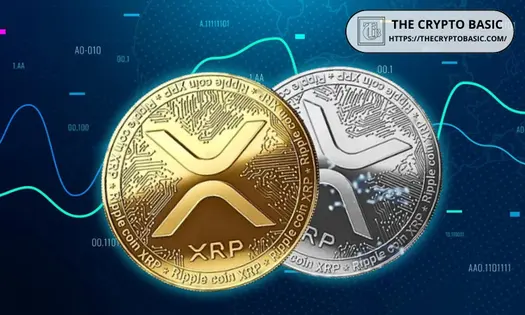T4K3.news
Rail fares could rise next year
Regulated fares may grow by up to 5.5% if July’s RPI figures stay high, with policy decisions pending.
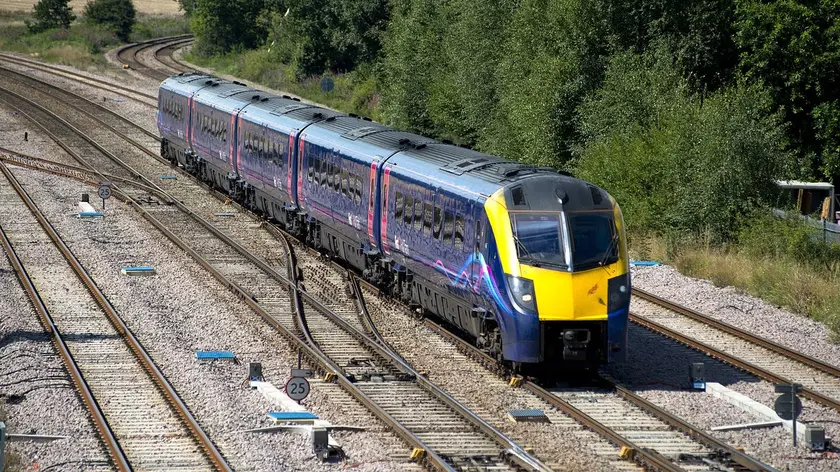
July’s inflation figure will help determine the cap on regulated rail fare increases for 2026 and shape public response.
Rail Fares Set to Rise 5.5 Percent Triggers Public Backlash
Public transport groups warn a 5.5 percent rise in rail fares could come next year if July’s RPI inflation stays high. The government has not yet announced how it will set the cap for 2026. Last year’s increase was 4.6 percent, which was above the July 2024 RPI. Analysts from Investec expect July’s RPI to be around 4.5 percent, which supports the 5.5 percent forecast.
Bruce Williamson of Railfuture called a rise of that size outrageous and questioned why fares should grow faster than inflation. He said there is no justification for raising prices above inflation and warned it would push people to use the road network. Campaign for Better Transport argues that higher fares not only burden passengers but also reduce rail use, citing a survey where 71 percent would travel more if fares were cheaper. The group also notes that Great British Railways should use reform to make rail travel more affordable since public support for nationalisation could fall if fares keep rising. The Department for Transport says the transport secretary wants a railway that people can rely on and affordability remains a goal, with decisions on next year’s fares still to come. About 45 percent of fares are regulated by government bodies, including commuter season tickets and some long distance options, which means policy changes will affect a broad slice of riders.
Key Takeaways
"it would be outrageous"
Bruce Williamson on a potential 5.5% fare rise
"What would be the justification for jacking up fares above inflation? There is not any"
Williamson questions the logic of the increase
"Rising fares are not just burdening passengers, they are putting people off rail travel"
Ben Plowden on passenger impact
"Our survey found that 71 percent of people would be more likely to take the train if fares were cheaper"
Campaign for Better Transport on public demand
The debate over fare rises mirrors a wider tension in the rail plan now carried by public hands. If prices rise faster than inflation, many passengers may curtail travel, undermining efforts to shift people from cars to trains. That would complicate the goal of a more integrated, publicly run system under Great British Railways. The government says affordability must balance taxpayer costs, but that requires clear savings from efficiency and reform, not simply higher bills for riders. As politicians weigh the politics of a public service, the fate of rail reform may hinge on whether savings reach passengers or simply fill the Treasury.
Highlights
- Fares above inflation are not justified
- People vote with their feet when fares rise
- Rail reform must reach riders not the Treasury
- Affordability should guide a modern rail system
Budget and public reaction risk tied to fare rises
Raising rail fares can spark public backlash and political scrutiny. The decision links to budgetary pressures, regulatory rules on fares, and the broader reform of the rail system.
The coming weeks will test how far affordability shapes the plan for a modern rail network.
Enjoyed this? Let your friends know!
Related News
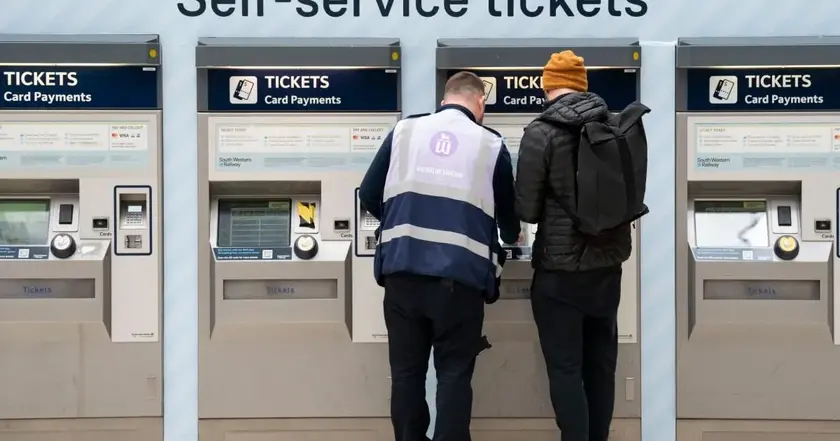
Rail fares set to climb next year
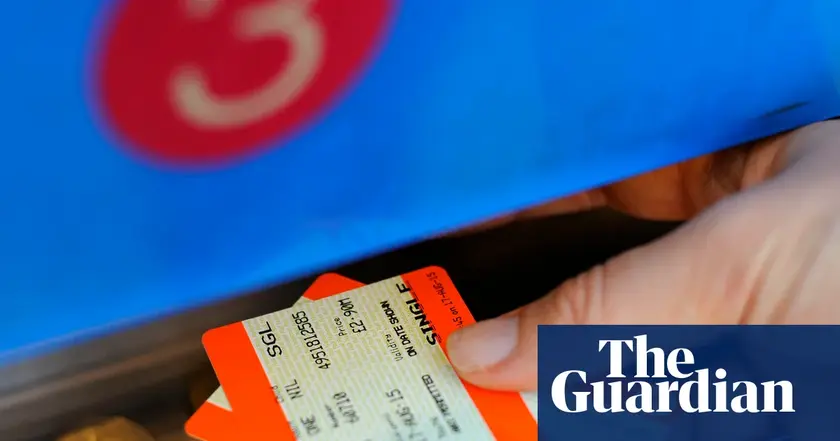
Rail fares could rise up to 5.6% next year
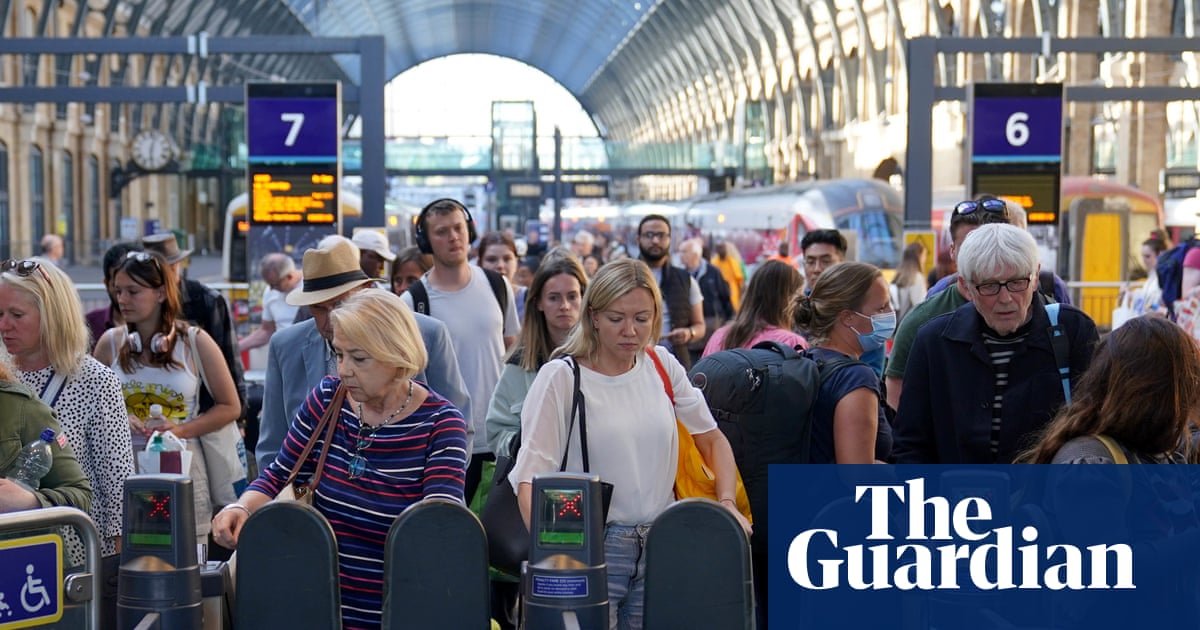
Rail fares in Britain increase by 5.1%

Hunger debate grows as Gaza malnutrition rises

Tap and Go launches on Merseyrail
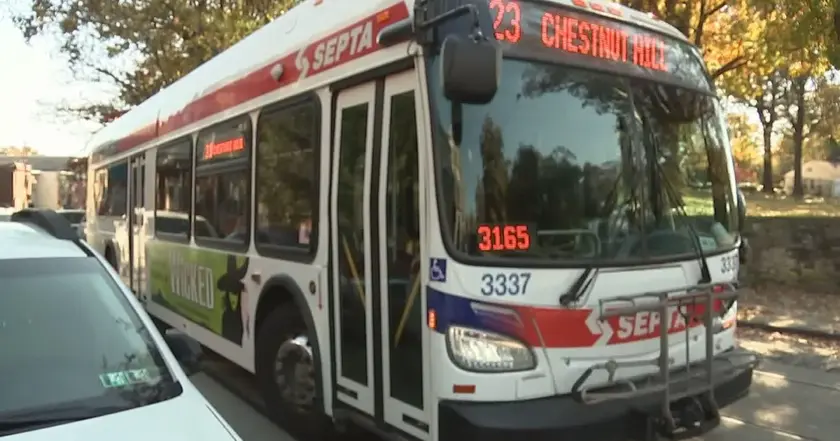
SEPTA funding update

Ukraine at stake as land swap talks surface
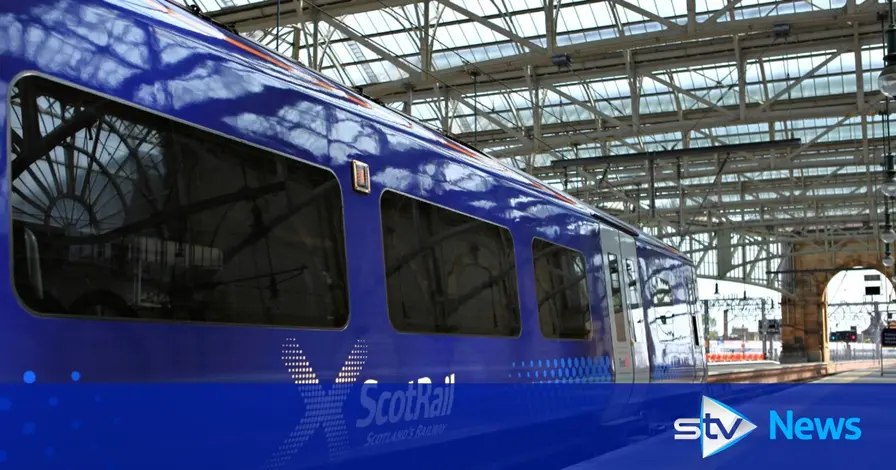
ScotRail cuts peak fares in Scotland
